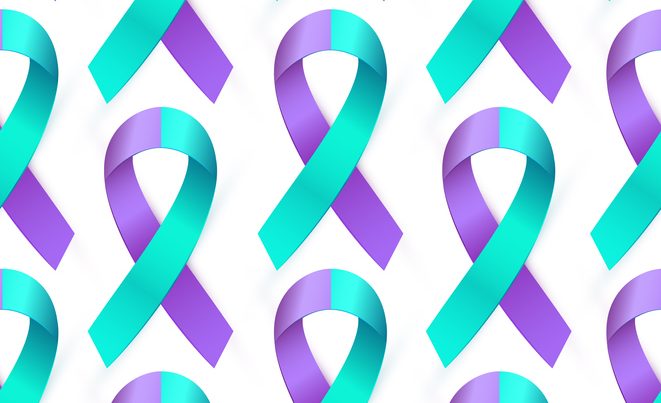
Having access to mental health services is crucial for everyone. Studies have shown that veterans struggle with mental health more than other parts of the population. In regard to suicide rates, they are 1.5 times higher among veterans than among non-veteran adults, making suicide prevention and mental health resources critical to overall veteran health.
To help a veteran in your life by offering them veteran suicide help resources, it is important that you recognize the symptoms of the mental health conditions related to suicide. Common mental illnesses experienced by veterans include anxiety, depression, post-traumatic stress disorder (PTSD), and substance abuse disorders. Other mental illnesses include borderline personality disorder, schizophrenia, and bipolar disorder.
Common signs to watch out for that may indicate a veteran’s mental illness has them thinking about suicide include:
While this list is a helpful tool, it is important to note that many veterans suffer in silence, and in some cases, veterans commit suicide without showing any of these symptoms leading up to it. Therefore it is crucial to be open to talk about mental health and demonstrating this openness even with veterans who do not show any obvious warning signs. You can demonstrate this by:
This will help show a veteran that you are someone they can trust. Serving as someone they can trust means that you need to educate and prepare yourself for the conversation.
If you have taken steps to know the signs and be someone a veteran can trust and talk to, you may also be able to offer them veteran suicide help resources, so it is crucial to know how to locates these services.
These are one of the most valuable resources for veterans who are experiencing suicidal thoughts or mental illness.
This is one option veterans can utilize. This resource is confidential and can be reached at 1-800-273-TALK (8255). Veterans can press “1” on this lifeline, and their call will be directed to the Veterans Crisis Line or text 838255.
When calling this resource, a veteran can speak with someone who has been specifically trained in the mental health needs of veterans. This crisis line is available 24/7 and is available to all veterans whether or not they are enrolled in VA healthcare.
The National Veterans Foundation offers this resource that can be reached at 1-888-777-4443. This resource provides veterans with support from fellow veterans who have been trained to handle crisis phone calls and help them get the assistance they need.
Sharing these resources with your veteran loved ones is another way you can work toward preventing veteran suicide. By providing a veteran with these reduces, helps ensure that the help they need is just a phone call away if they need it.
At Veterans Place of Washington Boulevard, we provide veterans with transitional housing, employment services, food, clothing, transportation, financial assistance, individualized case management, and more to help them achieve success.
We also provide transitional housing services that include a milieu of services to help promote individual stabilization and movement into permanent housing.
Donations help us keep these programs running. If you would like to help us in our mission, please visit our donate page today.